The global trade relationship between China and Algeria has flourished over the past few decades, becoming increasingly significant within the broader context of international commerce. For businesses and entrepreneurs involved in importing goods from China to Algeria, navigating the shipping landscape can be daunting. A fundamental aspect of ensuring profitability lies in identifying the most cost-effective shipping solutions. In this blog, we aim to guide you through the intricacies of shipping logistics between China and Algeria, focusing on various shipping methods, costs, and essential factors to consider when selecting a shipping company.
Related Article : Shipping From China To Algeria
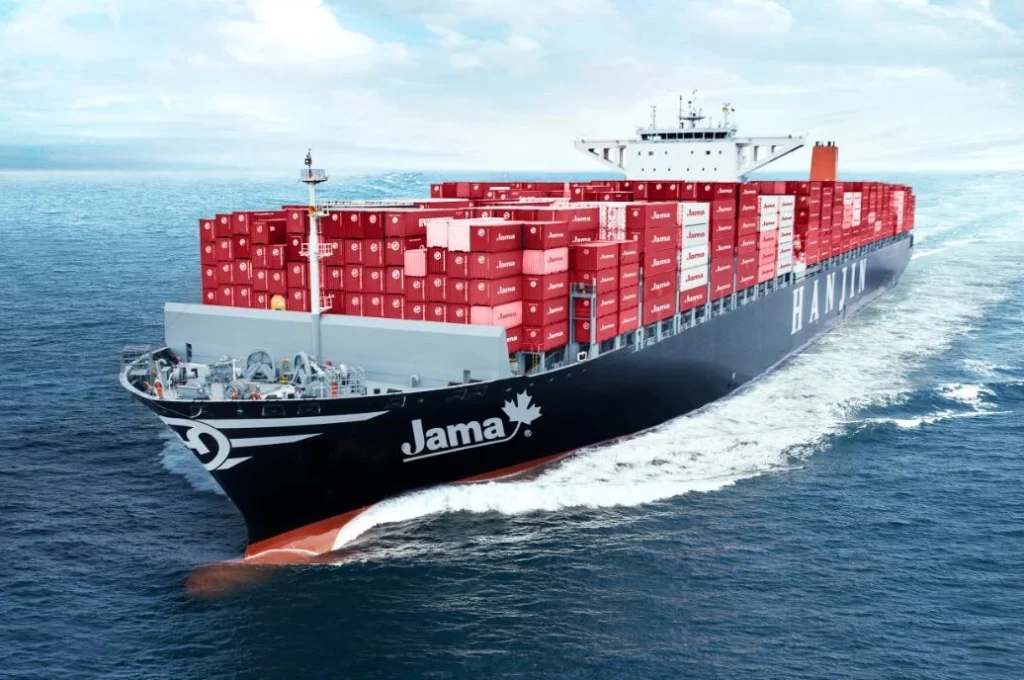
Understanding Shipping from China to Algeria
Overview of the Shipping Process
Shipping goods from China to Algeria involves a systematic process that encompasses several crucial steps. Understanding this process can help importers streamline their operations and avoid potential pitfalls.
- Preparation: Before initiating the shipping process, it is vital to gather information about shipping companies and their services. Comparing quotes and capabilities will set the foundation for informed decision-making.
- Booking: Once a suitable shipping company has been identified, the next step is to finalize the booking. This often includes selecting the shipping method that aligns with your timeline and budget.
- Documentation: Proper documentation is essential for smooth customs clearance. Key documents may include commercial invoices, packing lists, and certificates of origin. Familiarity with these requirements will mitigate delays.
- Customs Clearance: Navigating customs regulations is a critical part of the shipping process. Ensuring compliance with Algerian import regulations can significantly influence delivery timelines.
- Delivery: Finally, once the goods arrive in Algeria, the shipping company will handle the delivery to the designated location. Understanding the logistics involved in last-mile delivery is crucial for effective supply chain management.
Modes of Shipping
When shipping goods from China to Algeria, there are various modes available, each with its own advantages and considerations.
1. Ocean Freight
Ocean freight is one of the most widely used methods for transporting large volumes of goods, thanks to its cost-effectiveness. This method can be further categorized into two main types:
- Full Container Load (FCL): This option is ideal for businesses looking to ship large quantities of goods. An FCL shipment involves renting an entire shipping container, which typically leads to lower costs per unit for bulk shipments. The average shipping time from major ports in China to Algeria is approximately 30 to 45 days, depending on the specific route and port conditions.
- Less than Container Load (LCL): For smaller shipments, LCL is a viable alternative. This method allows multiple shippers to share a container, making it a cost-effective choice for those not needing a full container. Although LCL is generally cheaper than FCL, it can result in slightly longer transit times—approximately 30 to 60 days, depending on consolidation schedules and port handling efficiency.
- Shipping Costs: Here is a simplified comparison of shipping costs based on container sizes:
| Container Size | Typical Cost Range (USD) | Average Shipping Time |
|---|---|---|
| 20 ft FCL | $1,200 – $2,500 | 30 – 45 days |
| 40 ft FCL | $2,500 – $4,500 | 30 – 45 days |
| LCL (per cubic meter) | $60 – $120 | 30 – 60 days |
2. Air Freight
Air freight is known for its speed and efficiency, making it an excellent choice for urgent shipments. However, it typically comes with a higher price tag.
- Cost Structure: Shipping costs for air freight can be significantly higher than ocean freight, usually ranging from $4 to $8 per kilogram. The cost will depend on the weight of the shipment, the dimensions, and the specific airline used.
- Shipping Time: Air freight can deliver goods to Algeria in as little as 3 to 7 days, making it ideal for perishable goods or time-sensitive shipments. However, due to the higher costs, it is generally recommended for smaller volumes or high-value items.
- Considerations: Importers should be aware of weight restrictions and the types of goods that are suitable for air transport. Certain items may face additional scrutiny or restrictions when shipped by air.
READ MORE:
- Shipping From China To Algeria
- Shipping From China To Angola
- Shipping From China To Morocco
- Shipping From China To Nigeria
- Shipping From China To Kenya
- Shipping From China To Tanzania
- Shipping From China To South Africa
Importance of Choosing the Right Shipping Company
Selecting the right shipping company can make a significant difference in the overall success of your import operations. Here are several key factors to consider:
- Cost-effectiveness: Conduct thorough research to compare quotes from multiple shipping companies. Look for hidden fees and ensure that the services offered align with your budgetary constraints.
- Reliability: Choose a shipping company with a proven track record and positive customer reviews. Reliability in meeting deadlines and maintaining the condition of goods is paramount for preserving your business’s reputation.
- Services Offered: Evaluate additional services provided by the shipping company. Services such as customs clearance, insurance, and warehouse services can add value and streamline your shipping experience.
- Customer Support: Responsive customer service is crucial for addressing any concerns that may arise during the shipping process. A shipping company that offers timely communication and support can significantly reduce stress for importers.
By considering these factors and conducting due diligence, you can navigate the complexities of international shipping from China to Algeria and choose a partner that aligns with your specific needs.
Factors Influencing Shipping Costs from China to Algeria
Shipping costs from China to Algeria can vary significantly based on several factors that impact overall logistics. Understanding these elements can help importers make informed decisions and optimize their shipping strategies.
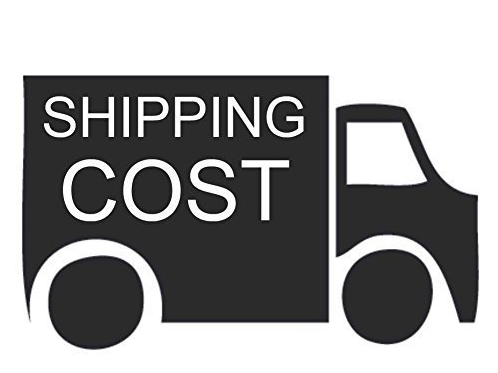
Distance and Shipping Routes
The distance between the point of origin in China and the destination in Algeria is a fundamental factor affecting shipping costs. Longer distances typically translate to higher costs due to increased fuel consumption and extended transit times. Furthermore, shipping routes play a crucial role; some routes may face congested ports or additional fees, while others may offer more direct paths, resulting in lower costs. Factors such as geopolitical conditions, maritime regulations, and the presence of piracy risks can also impact the choice of routes and subsequently the costs involved.
Weight and Volume of Shipments
The weight and volume of shipments are critical components in determining shipping costs. Shipping companies often charge based on either the actual weight or the volumetric weight, whichever is greater. This is because the cost to transport goods is influenced not only by how heavy they are but also by how much space they occupy in a shipping container. Consequently, efficient packaging and consolidation can lead to significant savings. Importers should aim to maximize container utilization to lower the per-unit shipping cost.
Type of Goods
The type of goods being shipped can significantly influence shipping costs. Certain items may be classified as hazardous materials and could incur additional fees or require specialized handling. Perishable goods may demand expedited shipping methods, resulting in higher costs. Moreover, the value of the goods can also lead to added insurance costs. Understanding the specifics of the goods being shipped allows importers to prepare for any additional fees that may arise.
Seasonal Variations
Seasonal variations can affect shipping costs substantially. During peak seasons, such as holidays or major shopping events, demand for shipping capacity often exceeds supply, leading to increased rates. Additionally, factors such as natural disasters or geopolitical tensions can disrupt shipping routes, creating fluctuations in costs. By planning shipments in advance and avoiding peak seasons, importers can benefit from lower shipping rates.
Additional Services
Additional services provided by shipping companies can also influence overall costs. Services such as customs clearance, insurance, and warehousing can add to the total expenditure. While these services come with a cost, they may enhance the overall efficiency and reliability of the shipping process. For instance, opting for insurance may raise initial costs, but it can provide peace of mind in case of damage or loss during transit.
Comparing Shipping Companies
When evaluating shipping companies, importers should conduct a thorough comparison based on various criteria. This evaluation will help ensure that they select a partner that aligns with their specific needs and budget.
Criteria for Comparison
- Cost: Analyze the total shipping costs, including base rates, surcharges, and any additional fees for services rendered. It is essential to compare quotes from multiple providers to identify the most cost-effective option.
- Reliability and Reputation: Research the shipping company’s track record for on-time deliveries, handling of goods, and customer satisfaction. Reading reviews and testimonials can provide valuable insights into their reliability.
- Transit Time: Assess the average transit times offered by different shipping companies. Understanding the expected delivery timelines allows importers to plan their operations effectively.
- Customer Service: Evaluate the level of customer support provided by the shipping company. Effective communication, responsiveness, and availability are crucial for addressing any issues that may arise during the shipping process.
Top Shipping Companies

Several leading shipping companies operate between China and Algeria, each offering a unique set of services and pricing structures. Below is an overview of some of the top shipping companies, including their strengths and offerings:
| Company Name | Shipping Method | Cost (Estimate) | Average Transit Time | Reliability Rating | Notable Services |
|---|---|---|---|---|---|
| DHL | Air & Ocean | $$ | 3-7 days (Air) / 30-45 days (Ocean) | High | Express shipping, Customs clearance |
| FedEx | Air & Ocean | $$ | 3-7 days (Air) / 30-45 days (Ocean) | High | Door-to-door delivery, Tracking |
| UPS | Air & Ocean | $$ | 5-10 days (Air) / 30-45 days (Ocean) | High | Insurance, Packaging services |
| Dantful International Logistics | Air & Ocean | $ | 3-7 days (Air) / 30-45 days (Ocean) | High | Customs clearance, Warehouse services, Dedicated customer support |
By comparing these key metrics, importers can make informed decisions when selecting a shipping company that best meets their needs. Dantful International Logistics stands out as a highly professional, cost-effective, and high-quality one-stop international logistics service provider for global traders, ensuring that your shipping experience from China to Algeria is seamless and efficient.
Dantful International Logistics Services:
- Dantful Ocean Freight Services
- Air Freight From China
- Amazon FBA Freight Forwarding
- WAREHOUSE Services
- One-Stop Customs Clearance Solution
- Cargo Insurance Services in China
- DDP Shipping Services By Dantful Logistics
- Out of Gauge Cargo Transportation Shipping Services
Tips for Reducing Shipping Costs
When it comes to importing goods from China to Algeria, shipping costs can significantly impact the overall expenses. However, there are several strategies that businesses can employ to effectively reduce these costs without compromising the quality of service. Here are some valuable tips for importers looking to save on shipping expenses.
Bulk Shipping
One of the most effective ways to reduce shipping costs is through bulk shipping. By consolidating orders and shipping larger quantities at once, businesses can leverage economies of scale. Bulk shipments typically result in lower costs per unit because fixed costs such as freight charges are spread over a larger number of items. Moreover, shipping via Full Container Load (FCL) rather than Less than Container Load (LCL) generally provides a significant cost advantage. Importers should consider planning their inventory needs and shipping schedules to maximize bulk shipping opportunities, thus reducing overall shipping fees.
Flexible Shipping Dates
Having flexible shipping dates can lead to considerable savings. Shipping companies often charge higher rates during peak seasons (e.g., holidays, back-to-school) due to increased demand for shipping space. By scheduling shipments during off-peak times, businesses can take advantage of lower rates and better availability. Additionally, allowing for variable delivery windows can lead to cost reductions, as companies may offer discounts for stretchable delivery times. Staying informed about seasonal trends in shipping can help importers determine the best times to ship and avoid unnecessary expenses.
Negotiating with Shipping Companies
Negotiating with shipping companies is another effective strategy for reducing shipping costs. Many shipping providers are open to discussions, especially for businesses that anticipate frequent shipments or larger volumes. Importers should gather quotes from multiple shipping companies and use this information during negotiations to secure better rates. Building a relationship with a shipping company can also yield benefits such as loyalty discounts, promotions, and priority service. Importers can emphasize their commitment to long-term business relationships as a bargaining chip when discussing rates and services.
FAQs
Q1: What are the main factors that affect shipping costs from China to Algeria?
A1: The main factors include distance and shipping routes, weight and volume of shipments, the type of goods being shipped, seasonal variations, and additional services offered by shipping companies.
Q2: How can I choose the best shipping method for my needs?
A2: Consider factors such as the size and weight of your shipment, urgency, budget, and the nature of the goods. For larger shipments, ocean freight may be more cost-effective, while air freight is ideal for time-sensitive deliveries.
Q3: Are there any hidden fees I should be aware of when shipping?
A3: Yes, potential hidden fees can include customs duties, handling charges, insurance, and surcharges for fuel or peak season. It’s advisable to ask shipping companies for a detailed breakdown of all costs involved.
Q4: How long does it take to ship goods from China to Algeria?
A4: Shipping times can vary based on the method used. Typically, air freight takes about 3-7 days, while ocean freight can take 30-45 days, depending on the specific routes and port conditions.
Q5: Can I track my shipment while it’s in transit?
A5: Yes, most reputable shipping companies provide tracking services that allow you to monitor your shipment in real-time. This feature can help you stay informed about delivery status and any potential delays.
References
- China-Africa Economic and Trade Cooperation Forum. “China-Africa Trade Volume.” China-Africa Trade Volume
- U.S. Department of Transportation. “Factors That Affect Freight Costs.” Freight Costs
- World Cargo News. “Shipping Costs and their Influences.” Shipping Costs

Young Chiu is a seasoned logistics expert with over 15 years of experience in international freight forwarding and supply chain management. As CEO of Dantful International Logistics, Young is dedicated to providing valuable insights and practical advice to businesses navigating the complexities of global shipping.











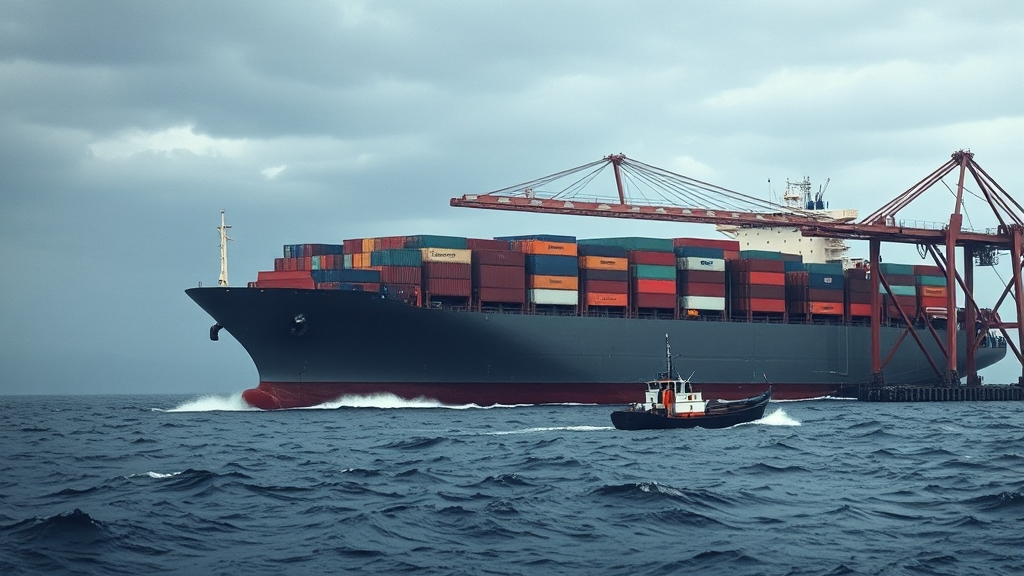
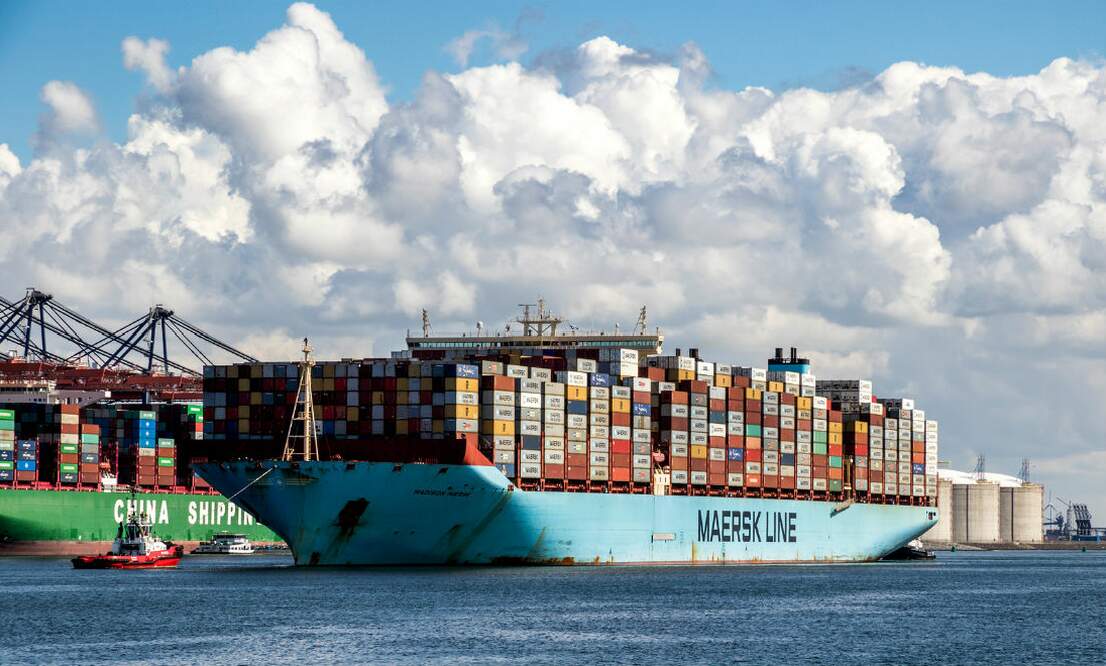


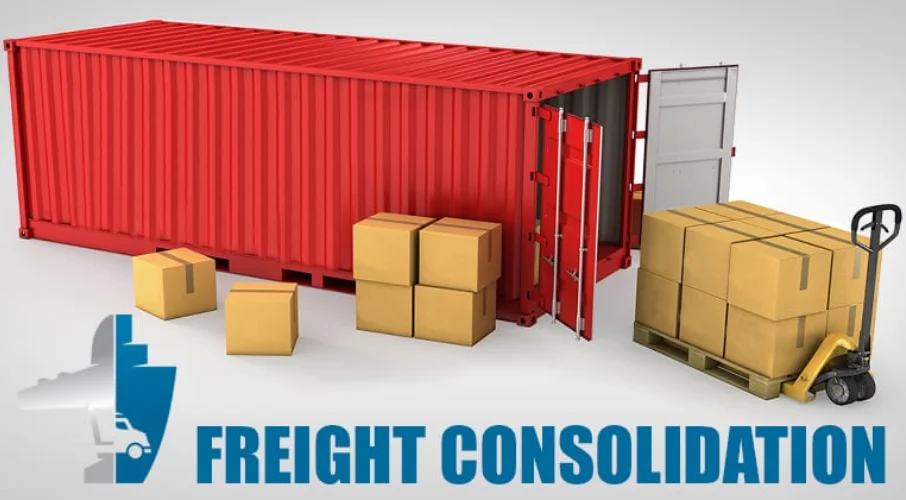





 Afrikaans
Afrikaans Shqip
Shqip አማርኛ
አማርኛ العربية
العربية Հայերեն
Հայերեն Azərbaycan dili
Azərbaycan dili Euskara
Euskara Беларуская мова
Беларуская мова বাংলা
বাংলা Bosanski
Bosanski Български
Български Català
Català Cebuano
Cebuano Chichewa
Chichewa 简体中文
简体中文 繁體中文
繁體中文 Corsu
Corsu Hrvatski
Hrvatski Čeština
Čeština Dansk
Dansk Nederlands
Nederlands English
English Esperanto
Esperanto Eesti
Eesti Filipino
Filipino Suomi
Suomi Français
Français Galego
Galego ქართული
ქართული Deutsch
Deutsch Ελληνικά
Ελληνικά Kreyol ayisyen
Kreyol ayisyen Harshen Hausa
Harshen Hausa Ōlelo Hawaiʻi
Ōlelo Hawaiʻi עִבְרִית
עִבְרִית हिन्दी
हिन्दी Hmong
Hmong Magyar
Magyar Íslenska
Íslenska Igbo
Igbo Bahasa Indonesia
Bahasa Indonesia Gaeilge
Gaeilge Italiano
Italiano 日本語
日本語 Basa Jawa
Basa Jawa ಕನ್ನಡ
ಕನ್ನಡ Қазақ тілі
Қазақ тілі ភាសាខ្មែរ
ភាសាខ្មែរ 한국어
한국어 كوردی
كوردی Кыргызча
Кыргызча ພາສາລາວ
ພາສາລາວ Latin
Latin Latviešu valoda
Latviešu valoda Lietuvių kalba
Lietuvių kalba Lëtzebuergesch
Lëtzebuergesch Македонски јазик
Македонски јазик Malagasy
Malagasy Bahasa Melayu
Bahasa Melayu മലയാളം
മലയാളം Maltese
Maltese Te Reo Māori
Te Reo Māori मराठी
मराठी Монгол
Монгол ဗမာစာ
ဗမာစာ नेपाली
नेपाली Norsk bokmål
Norsk bokmål پښتو
پښتو فارسی
فارسی Polski
Polski Português
Português ਪੰਜਾਬੀ
ਪੰਜਾਬੀ Română
Română Русский
Русский Samoan
Samoan Gàidhlig
Gàidhlig Српски језик
Српски језик Sesotho
Sesotho Shona
Shona سنڌي
سنڌي සිංහල
සිංහල Slovenčina
Slovenčina Slovenščina
Slovenščina Afsoomaali
Afsoomaali Español
Español Basa Sunda
Basa Sunda Kiswahili
Kiswahili Svenska
Svenska Тоҷикӣ
Тоҷикӣ தமிழ்
தமிழ் తెలుగు
తెలుగు ไทย
ไทย Türkçe
Türkçe Українська
Українська اردو
اردو O‘zbekcha
O‘zbekcha Tiếng Việt
Tiếng Việt Cymraeg
Cymraeg יידיש
יידיש Yorùbá
Yorùbá Zulu
Zulu